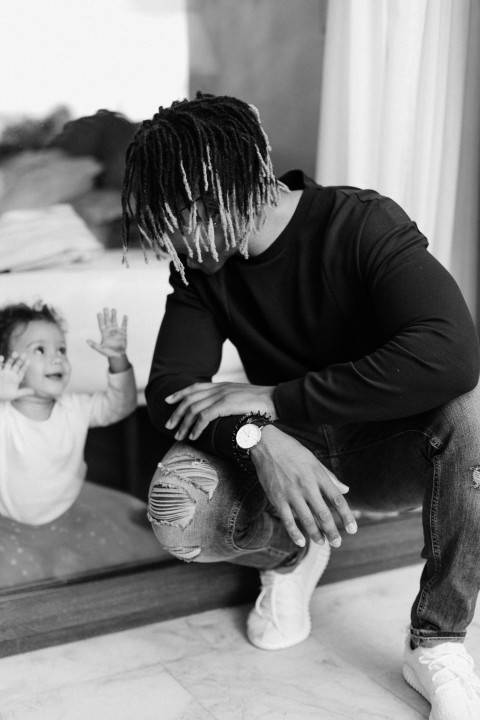Giving your children a voice when a relationship breaks down
Divorce can be a stressful time for everyone involved, and the last thing you want is for it to negatively affect your children. With the right support, your separation can have a positive outcome which has you and your children’s best interests at heart.
In this article we discuss the benefits of direct consultation with children, a part of mediation that allows your children’s ideal outcomes of a family breakdown to be heard if they wish.
Children are so often hurt by divorce – and it’s one of the main worries of parents who are thinking of separating. But separating is usually a good thing for a child’s wellbeing in the long term. There’s plenty of guidance on making the transition to new family arrangements easier for your children. But how can you make the actual process a positive experience for them?
1. Involve them
Adult or child, what is unknown to us is frightening. It will be your first instinct to protect your children from complicated and sometimes acrimonious negotiations. But keeping them in the dark can also lead to confusion and frustration – and children, particularly mature children and teenagers, often want to have a say in family arrangements. But bringing them to hearings or divulging sensitive information is perhaps a step too far – you need a middle ground.
That’s where direct consultation comes in. Our accredited specialists will meet with your child, and just as you get to speak confidentially to a legal advisor about your ideal outcomes, so do they. A neutral person to talk to, who can speak on the child’s behalf, this often restores the sense of control and autonomy which can be lost as family arrangements suddenly change.
2. Hear them
Direct consultation gives your children a voice. It’s a process which helps you prioritise your children’s best interests when making arrangements for them. They might find it hard to express their point of view, especially if they’re upset, or trying not to hurt a family member’s feelings. Talking to a confidential, neutral person can alleviate these worries. Your child’s mediator will decide with them what information should be shared, and how best to express their wishes. Giving them this space to know they have been listened to is often vital.
3. Respect them
The consultation’s main goal will be to help you make good decisions when it comes to your children’s future. Letting them have input into their future lets them know you care. Even if you can’t act on all of your child’s wishes, the consultation will give you the tools to properly communicate and better understand your child’s thoughts.
The mediator will respect your child’s views, and while the topic of conversation might be serious, the meeting will be friendly and informal. Your child won’t be under any pressure and can speak freely about how they see things.
Having a say in their family arrangements is so beneficial for a child’s long-term wellbeing – but it’s also notoriously difficult. We can help you arrange a direct consultation for your child, with one of our professional child mediators, in a setting where your child feels safe and comfortable or if appropriate, remotely.









